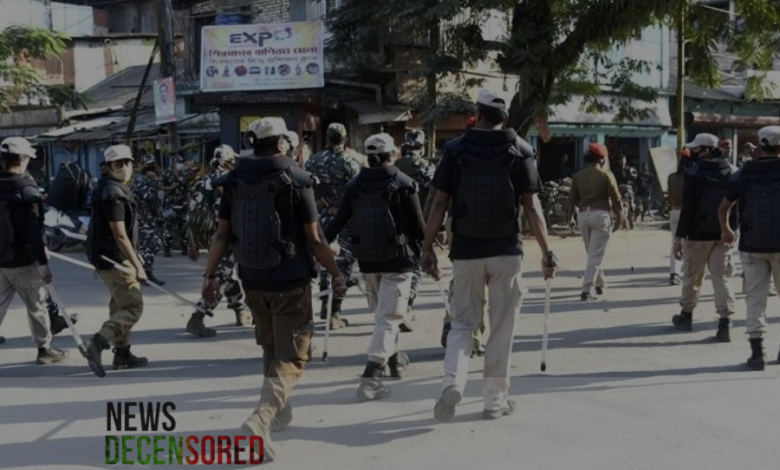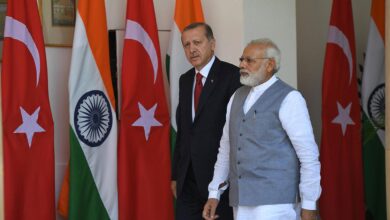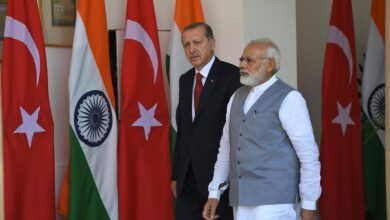Muslim Group in India Condemns the Government for Discriminatory Eateries Order

India’s largest socio-religious Muslim organization, the Jamiat Ulama-i-Hind issued sharp concerns over an order that has been recently issued by the Uttar Pradesh state government that requires the eateries to have a public display of the name of the owner with his photograph. This directive involving roadside carts is to remain in force and “prevent confusion” during one of the major Hindu rituals involving tens of thousands of participants who may be walking.
”This is a purely discrimination matter and confined to the community,” said Maulana Arshad Madani, the President of Jamiat Ulama-i-Hind. This new verdict will help anti-national components get the chance to gain; there is a strong apprehension that strict harm to the spirit of communal harmony will happen due to this new verdict which goes against the provisions of basic Rights of the Constitution to its citizens.
Madani further said that the Indian Constitution is also very clear about dress and food freedom which means that one has every right to dress as they feel or prefer to eat what they so desire. Therefore, there should be no nexus in their personal decisions as this is a question of the fundamental freedoms of the people he concluded.
Regarding the order, the Jamiat Ulama-i-Hind has called for a session of its legal advisors to estimate legal measures that regard the order as “unconstitutional and illegal. ”
The row started early this week when the police in Muzaffarnagar district of the northern state of Uttar Pradesh first directed all the eating establishments along the essential pilgrimage route to put up the owners’ names. The state government later took this order a notch higher by making it apply across the state as reported by the Indian Express. Their counterparts in the neighboring state of Uttarakhand, the police in Haridwar had also issued similar directions on Friday.
The order has been severely condemned by different opposition leaders. An important opposition figure and head of the Indian National Congress, Priyanka Gandhi Vadra, reacted to the directive, stating that such a decision was an attempt to undermine their constitution, democracy, and history, she also insisted on the removal of the order.
However, State Minister for Uttar Pradesh Kapil Dev Aggarwal supported the government‘s stand terming it as a ‘social balance. ’ He strongly denied claims that BJP gave the issue a Hindu-Muslim dimension. “It is not, it is social integration,” he further stressed.
The directive has been quite very controversial in as much as the meaning of security and the desire to maintain security in a pluralist society. Opponents state that such orders only result in higher rates of prejudice and advance communal conflict against the secularity of the country. They warn that the directive may widen existing cleavages and create an unfavorable climate for some populations.
The participation of Jamiat Ulama-i-Hind only tends to show that Muslim organizations and civil rights groups have been increasingly alarmed with policies that are viewed to profile certain groups or people. This development shows that the concerned organization is willing to take the matter legally, meaning the problem has the potential to transform into legal and political conflict.
Over time, the government of Uttar Pradesh is going to face the problem of freedom of religious assembly and the necessity to preserve order during civil disturbances related to religious holidays. The result of this dispute may well establish some standard for how such incidents are professed in the future – standards that concern both interpersonal relations within communities, as well as a person’s constitutional rights in India.



